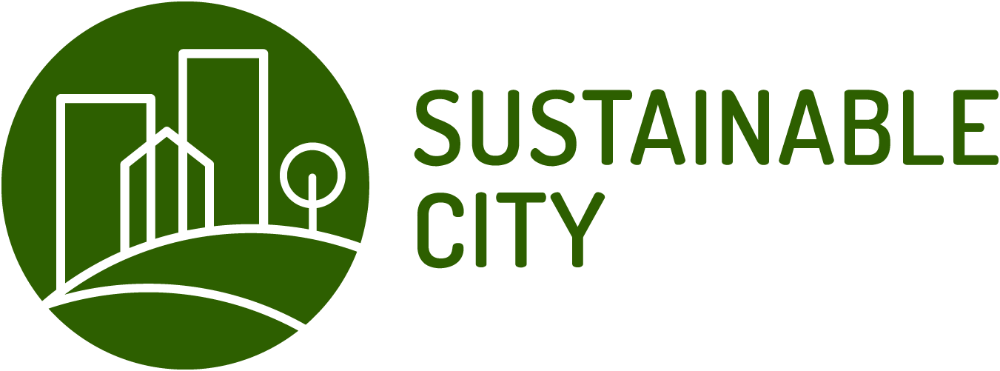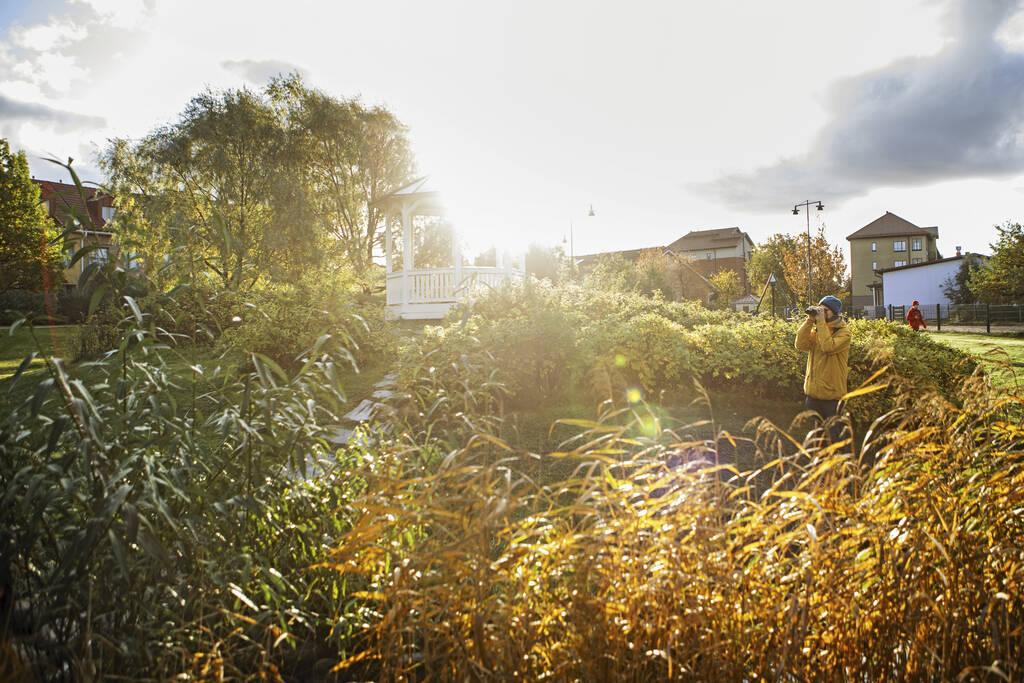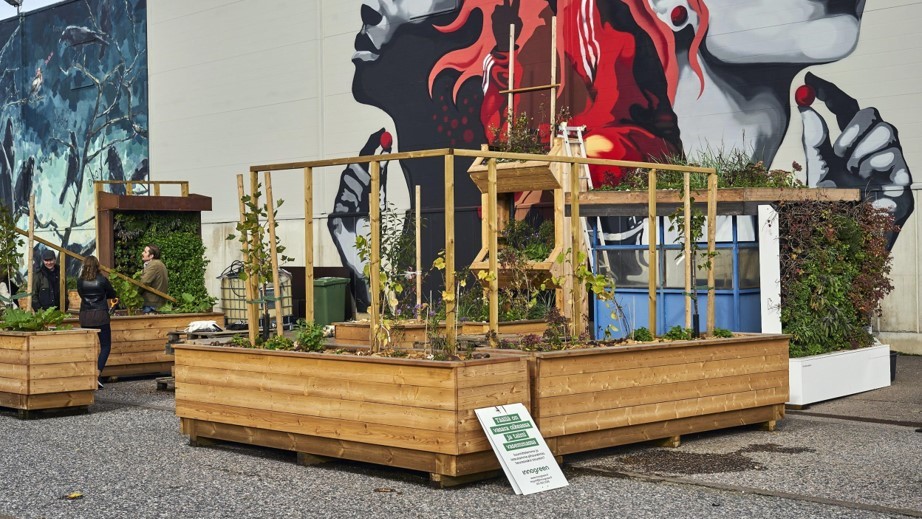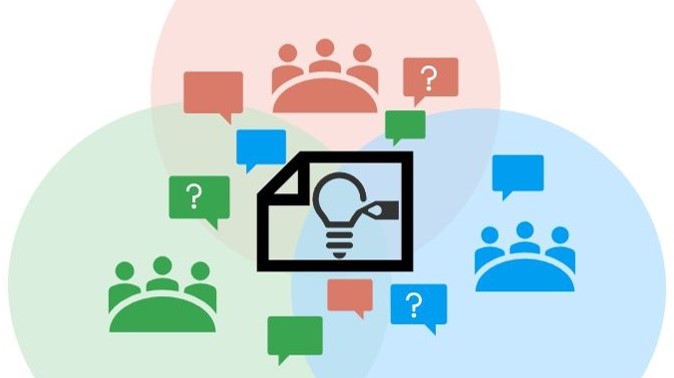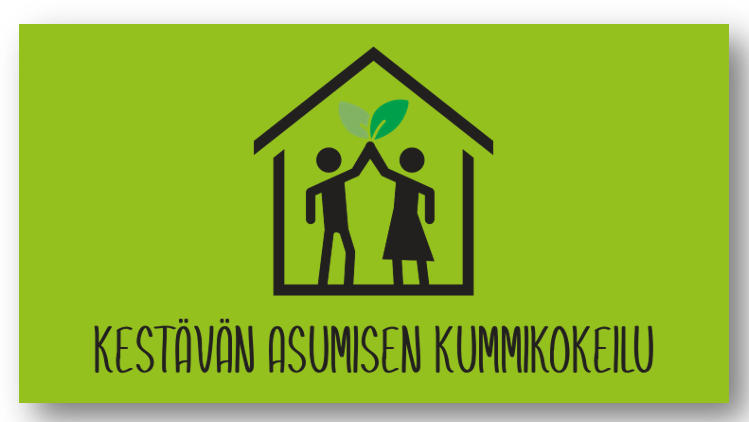Cities solve sustainability challenges related to urban green spaces, urban planning and wellbeing
Sixteen Finnish municipalities are taking part in in the work on challenge clusters under the Sustainable City Programme. The aim is to tackle the most difficult sustainability challenges that cannot be solved by individual organisations or sectors alone. The three themes selected on the basis of the needs of cities are: urban green spaces in increasingly built-up cities, urban planning that takes sustainability targets into account, and flourishing communities in socially sustainable cities. The themes are particularly challenging as they combine the different dimensions of sustainability.
Welcome to our virtual study trip to a sustainable city!
The Sustainable City programme, together with Demos Helsinki, will organise a study trip of three events on best practices for sustainable urban development. Led by interesting speakers and examples from international contexts, the events will focus on challenges faced by different kinds of urban spaces and areas. The events will be held in English.
Key indicators for sustainable urban development published – Join us in their testing and further development
How should the sustainability of cities be measured? The project carried out by the Finnish Environment Institute SYKE ‘Indicators for sustainable urban development’ was a multi-stage participatory process to draw up a proposal for key indicators for sustainable urban development. The aim is to support cities, ministries and other stakeholders in monitoring sustainable urban development. The follow-up project to be started now will test the key indicators that have been identified in municipalities interested in this work.
Good solutions put to practice – boost to scaling good practices for sustainable urban development
Municipalities and cities across Finland have developed their activities towards better environmental, social and economic sustainability. The project ‘Levers for a Sustainable City’ (VIPU) looks for solutions for faster scaling of good practices. Besides urban development, the tools created can also be used for other purposes.
